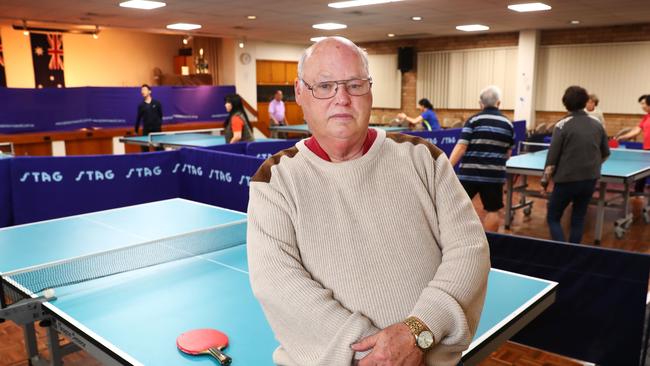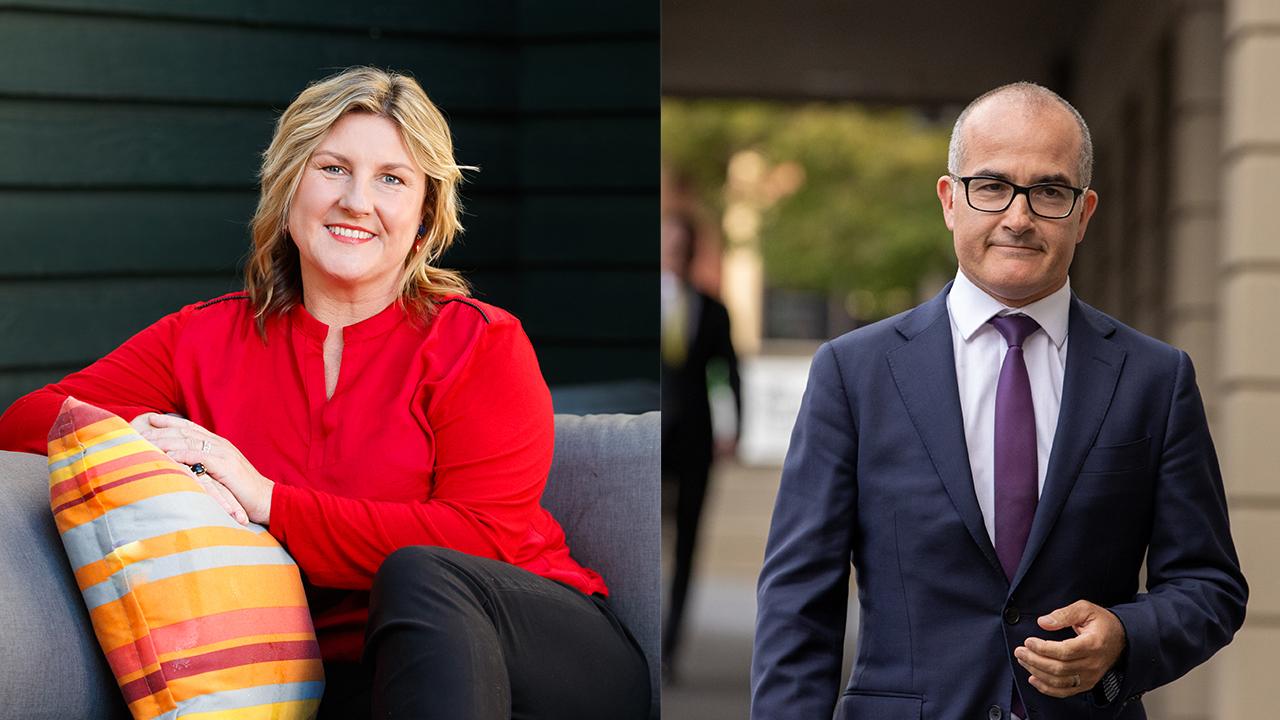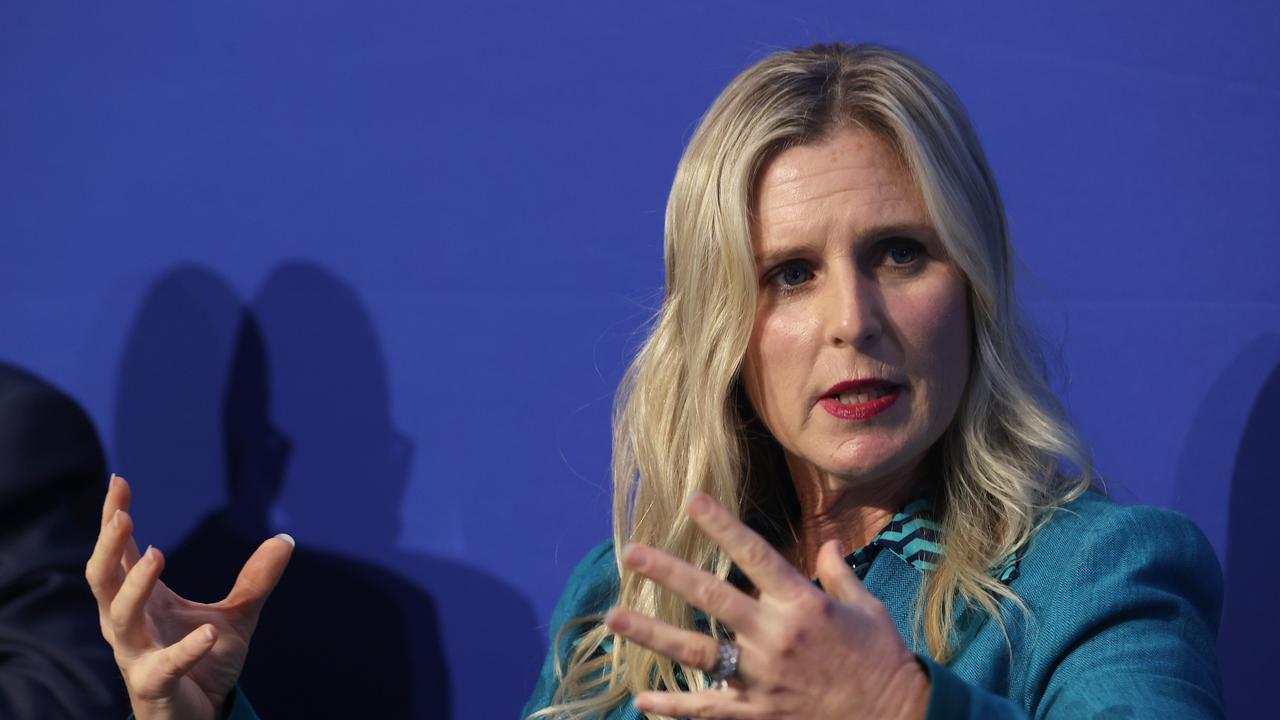Retirees forced to take more investment risks
Retirees are considering riskier investments as the hunt for returns intensifies.

Retirees are considering riskier investments as the hunt for returns intensifies, following a fresh hit to bank deposit rates after the Reserve Bank cut the official cash rate yesterday.
Barry Ford, 73, from Concord in Sydney’s inner west, said back-to-back rate cuts from the central bank would “kill older Australians” who relied on life savings. “It has pushed older Australians into making risky choices with how they invest their money because banks aren’t providing the returns needed to fund a comfortable retirement,” Mr Ford said last night.
The grandfather of three said seniors were becoming more vulnerable to scams as a result. “In our senior citizens club, you always hear stories of another retiree who has fallen for a scam because they are looking for greater returns than what the bank is offering.”
With the RBA’s official rate now at an all-time low of 1 per cent, Mr Ford said bank rates offered to retail term deposit holders were “almost non-existent”.
Mr Ford earns a small part pension and is also living with his wife off his superannuation fund, which he started when he was 15.
“I’m lucky I started a super fund young but many seniors will be left out to dry by the RBA cuts.”
Retiree John Scott, 92, developed a mistrust of the sharemarket after losing a substantial sum in the 1987 crash.
But he told The Australian yesterday that with bank deposit rates so low, he might now reluctantly be forced to diversify his portfolio, which is currently tied up in fixed-rate deposits. “You’re getting around 2.5 per cent (on a fixed deposit). On a weekly basis, that’s not much,” Mr Scott said.
A former accountant who knows how to be thrifty with his money, Mr Scott said he would now wait to see how long rates stayed low before making his next decision.
“The only thing that stays with you is property, which more or less is stabilising. I might have to get myself a unit and rent it out to make money. I don’t want to do that as it all has cost.”
Pointing to Japan’s negative cash rate, Mr Scott said he hoped the Australian economy would pick up soon.


